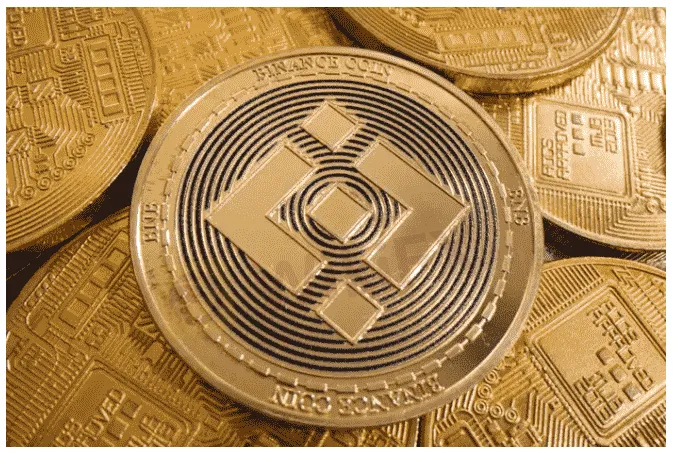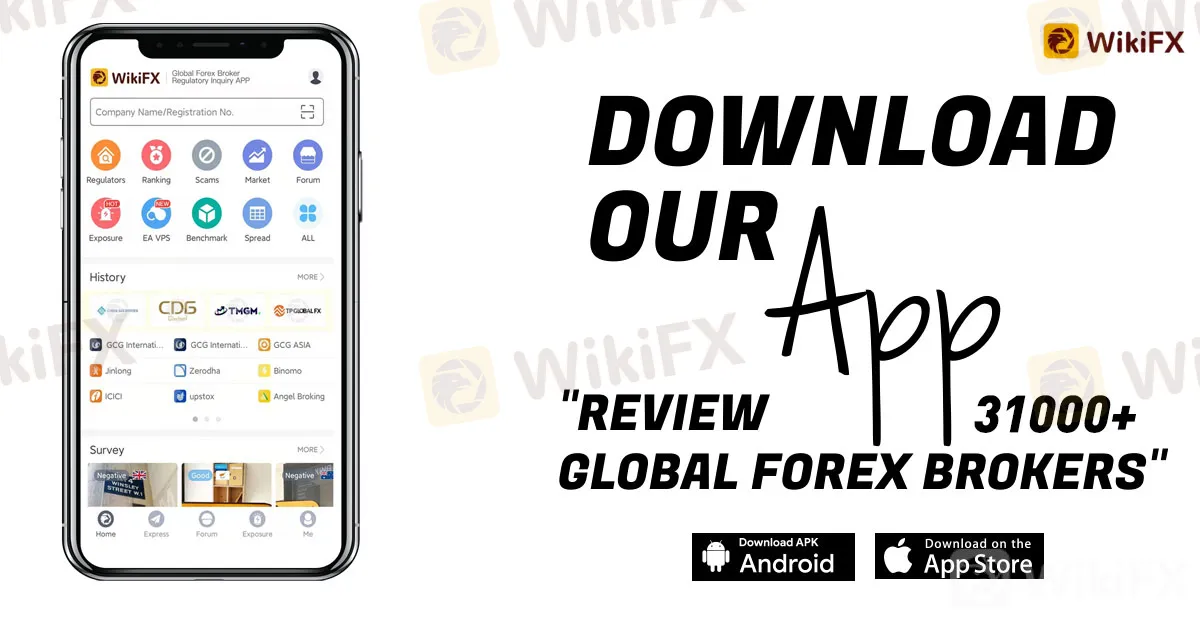简体中文
繁體中文
English
Pусский
日本語
ภาษาไทย
Tiếng Việt
Bahasa Indonesia
Español
हिन्दी
Filippiiniläinen
Français
Deutsch
Português
Türkçe
한국어
العربية
Britain sets out plan to exploit crypto potential
Abstract:Britains finance ministry said on Monday it intended to legislate to regulate some stablecoins when they are used as a means of payment.

Britain set out a detailed plan on Monday to exploit the potential of cryptoassets and their underlying blockchain technology to help consumers make payments more efficiently.
As part of creating a global cryptoasset hub, financial services minister John Glen said Britain will legislate to bring some stablecoins https://assets.publishing.service.gov.uk/government/uploads/system/uploads/attachment_data/file/1066166/O-S_Stablecoins_consultation_response.pdf under the regulatory net such as complying with existing payment rules.
Stablecoins are cryptocurrencies designed to have a stable value relative to traditional currencies, or to a commodity such as gold, to avoid the volatility that makes bitcoin and other digital tokens impractical for most commerce.
All stablecoins that reference a fiat currency should be regulated, the government said.
“The approach will ensure convertibility into fiat currency, at par and on demand,” the finance ministry said, adding that the Bank of England would regulate “systemic” stablecoins.
Later on this year Britain will consult on creating regulations for a wider set of cryptoassets like bitcoin, taking the sectors energy consumption into account.
“If crypto technologies are going to be a big part of the future, then we in the UK want to be in, and in on the ground floor,” Glen told UK Fintech Week.
“We see enormous potential in crypto and we want to give ourselves every chance to take maximum advantage.”
Britains “detailed plan” will also develop the potential of blockchain, including whether it can be used for issuing British government bonds or gilts.
“I don‘t know the answer but let’s find out,” Glen said.
ROYAL MINT TOKEN
Regulators globally are trying to grapple with cryptocurrencies, with the European Union in front with a draft law on crypto markets.
UK finance minister Rishi Sunak has also asked the Royal Mint to create a non-fungible token which is to be issued by the summer. An NFT is a digital asset that exists on blockchain, a record of transactions kept on networked computers.
A regulatory “sandbox” will be launched by the Bank of England and FCA next year for testing the use of blockchain in market infrastructure, Glen said.
The Law Commission will consider the legal status of decentralised autonomous organisations which use blockchain, while the implications of crypto on tax will also be studied, Glen said.
“On balance, we dont think the tax code will need major surgery to make it work more easily for crypto,” Glen said.
The tax treatment of “defi” loans – where holders of cryptoassets lend them out for a return – will be assessed.
Britain will also look at removing disincentives for fund managers to include cryptoassets in their portfolios, he said.

Disclaimer:
The views in this article only represent the author's personal views, and do not constitute investment advice on this platform. This platform does not guarantee the accuracy, completeness and timeliness of the information in the article, and will not be liable for any loss caused by the use of or reliance on the information in the article.
Read more

BOJ to Announce Policy Decision This Week, Market Bets on a Rate Hike
The yen strengthens past 156 as markets anticipate a rate hike from the Bank of Japan this week.

WikiEXPO 2025 is set to embark on a new global tour
WikiEXPO 2025 is set to embark on a new global tour First station - Hong Kong! Are you ready?

Forex Market Outlook 2025: Institutional Predictions and Trend Analysis
In 2025, the global forex market faces a range of complex macroeconomic and geopolitical challenges. From shifts in U.S. monetary policy to structural issues in Europe’s economy and potential volatility in emerging markets, financial institutions worldwide are offering forecasts for the year ahead. This article compiles insights from leading organizations to explore potential trends and opportunities in the forex industry for 2025.

Singapore Blocks Polymarket Access, Following U.S. and France
Singapore blocks Polymarket over gambling violations. Similar bans in France and the U.S. show growing regulatory scrutiny on decentralized platforms globally.
WikiFX Broker
Latest News
IG Japan Extends US Stock CFD Trading Hours in 2025
ALERT! Warning against Livaxxen
Which Zodiac Sign Makes the Best Trader?
Plus500 Collaborates with Topstep, Prop firm
Robinhood Launches Crypto Trading Services in Spain
Archax Secures FCA Approval to Oversee Crypto Promotions in the UK
CLS Global Admits to Crypto Fraud
Philippine SEC Urges Caution Regarding Ecomamoni
Become Women Brand Ambassador of Yamarkets
Naira Falls Against Dollar as Nigeria Reshapes Economic Blueprint
Currency Calculator







